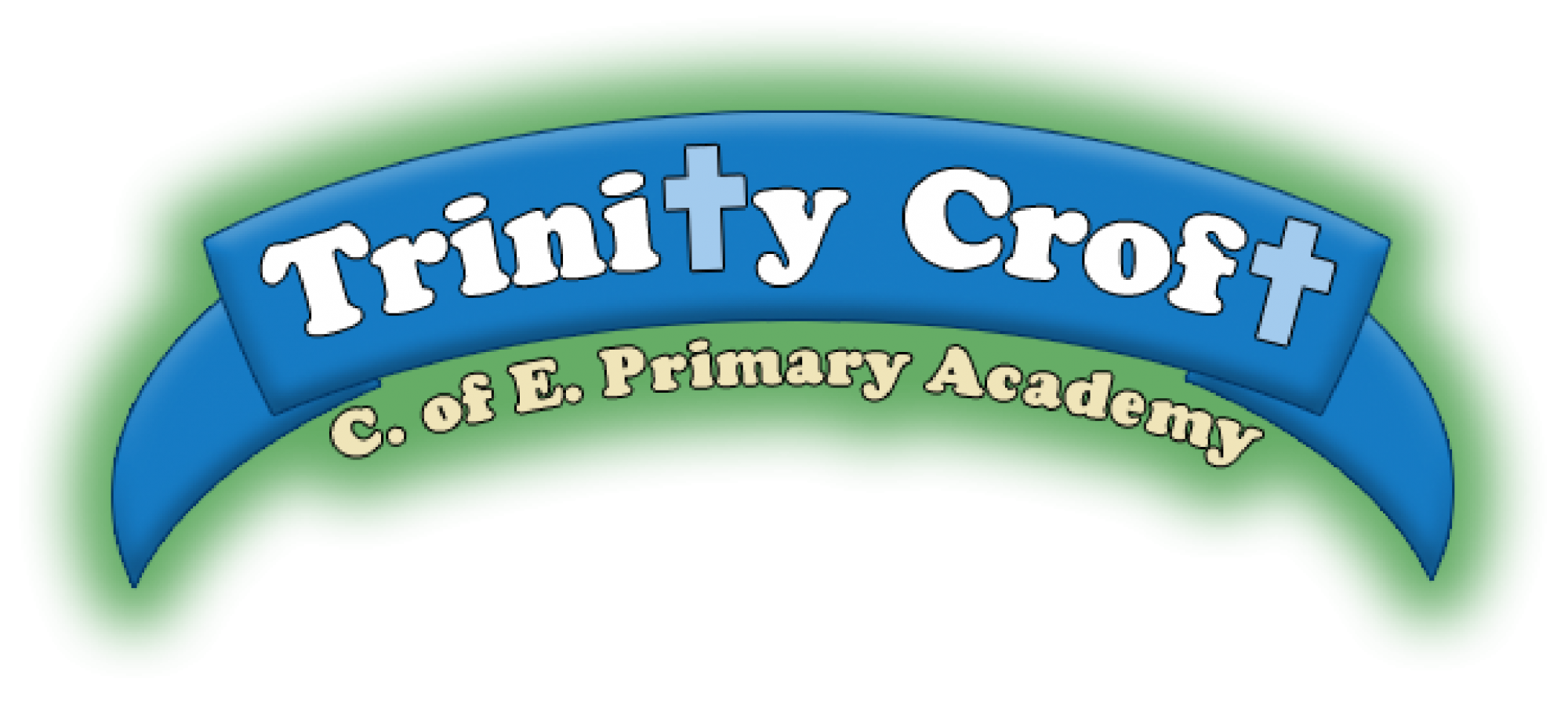Curriculum Planning and Aims
The core of our curriculum at Trinity Croft is built around the Cornerstones Curriculum 22 Long Term Plan to ensure that is sequenced so that children acquire cumulative knowledge; substantive and disciplinary. The curriculum is sequenced from nursery to Year 6 to ensure that this is progressively developed as children get older and is committed to long term memory through our approach to teaching and learning.
Cornerstones Curriculum 22 Overview
cornerstones-curriculum-22-overview-1.pdf
Our curriculum is based on what we believe our children need to know, understand and do to achieve success in all areas of later life. We work hard to ensure that children are prepared for the next phase in their learning and that they have the resilience and independence to achieve their very best outcomes. We use the Cornerstones curriculum as the basis for our whole school approach to teaching and learning from EYFS to Year 6. We find that this gives consistency of approach and a broad and balanced provision for all our children as they progress through the key stages at Trinity Croft School.
For Religious Education the school follows the Rotherham Agreed Syllabus and the Understanding Christianity resource. This is used from EYFS to Y6.
For more information about how each subject is taught, please see the curriculum subject pages.
EYFS
The Early Years Foundation Stage curriculum at Trinity Croft meets all statutory duties whilst being appropriately tailored to meet the needs and interests of the children in the classes. Further information about the EYFS can be found in the documents below.
Key Stage 1 and Key Stage 2
In Key Stage 1 & 2, children largely follow a carefully planned programme from Cornerstones which uses the statutory requirements in each subject to create an engaging and purposeful programme of study which is relevant to the children. Most subjects are taught through a topic based approach and are linked to first hand experiences wherever possible. More information on the curriculum at Key Stages 1 & 2 can be found in the class pages.
The curriculum at all stages is enriched with wider opportunities such as professional sports coaching, visiting speakers and performers, visits to the local library and residential visits to name but a few. More details of visits and activities can be found in the class pages.
Phonics and Reading
Children in Foundation Stage and Key Stage 1 are taught a daily phonics lesson to develop their early reading skills. We use Read, Write, Inc. as our provision for phonics and early reading and writing, which is supplemented by the use of published interventions and bespoke support for children who need it. We hold regular workshops to help parents and carers to support their children's reading at home as well as demonstrating during stay and play and morning work sessions. Children in Key Stage 2 who have difficulty with reading will continue to receive support with phonics as appropriate through the Fresh Start, Read, Write, Inc. intervention. Reading material across the school is wide ranging but is organised using the Book Bands colour system and regularly assessed using the PM Benchmarking assessment system and NTS testing.
Reading is taught using a range of materials through a guided reading approach. We use Cracking Comprehension alongside materials from Herts for Learning to ensure children are taught wider reading skills once their ability to decode has been secured.
Spelling
We use RWI Spelling from Year 2 upwards. This provision is supplemented with Skills Builders. Children are assessed weekly in spelling tests and also half termly as part of the Rising Stars Progress in GPS testing suite.
GPS
We use Rising Stars Skills Builders to ensure that provision in the teaching of Grammar, Punctuation and Vocabulary is consistent across the school. Once each unit is completed, children are assessed using the GPS testing suite from Rising Stars.
Mathematics
We use White Rose as our main provision for the teaching of mathematics. This is supplemented with materials from the South Yorkshire Maths Hub to enrich the opportunities provided for children to develop their fluency of the subject. Children are taught and assessed regularly on their times tables fluency. Children complete a termly test using the NTS testing suite to allow us to track progress again national counterparts. These outcomes are then analysed through the SHINE resource to allow bespoke programmes of intervention to be delivered for children when they need it.
Assessment
Assessment throughout Key Stages 1 and 2 is directly linked to National Curriculum programmes of study for all subjects; core and foundation. Outcomes from testing are correlated with our in house assessment system on a termly basis and is moderated with other schools in our academy trust and Local Authority. In line with the expectations from the EYFS framework, assessment in EYFS is minimal but sufficient to allow practitioners to know what children need next to ensure they make good progress from starting points.

